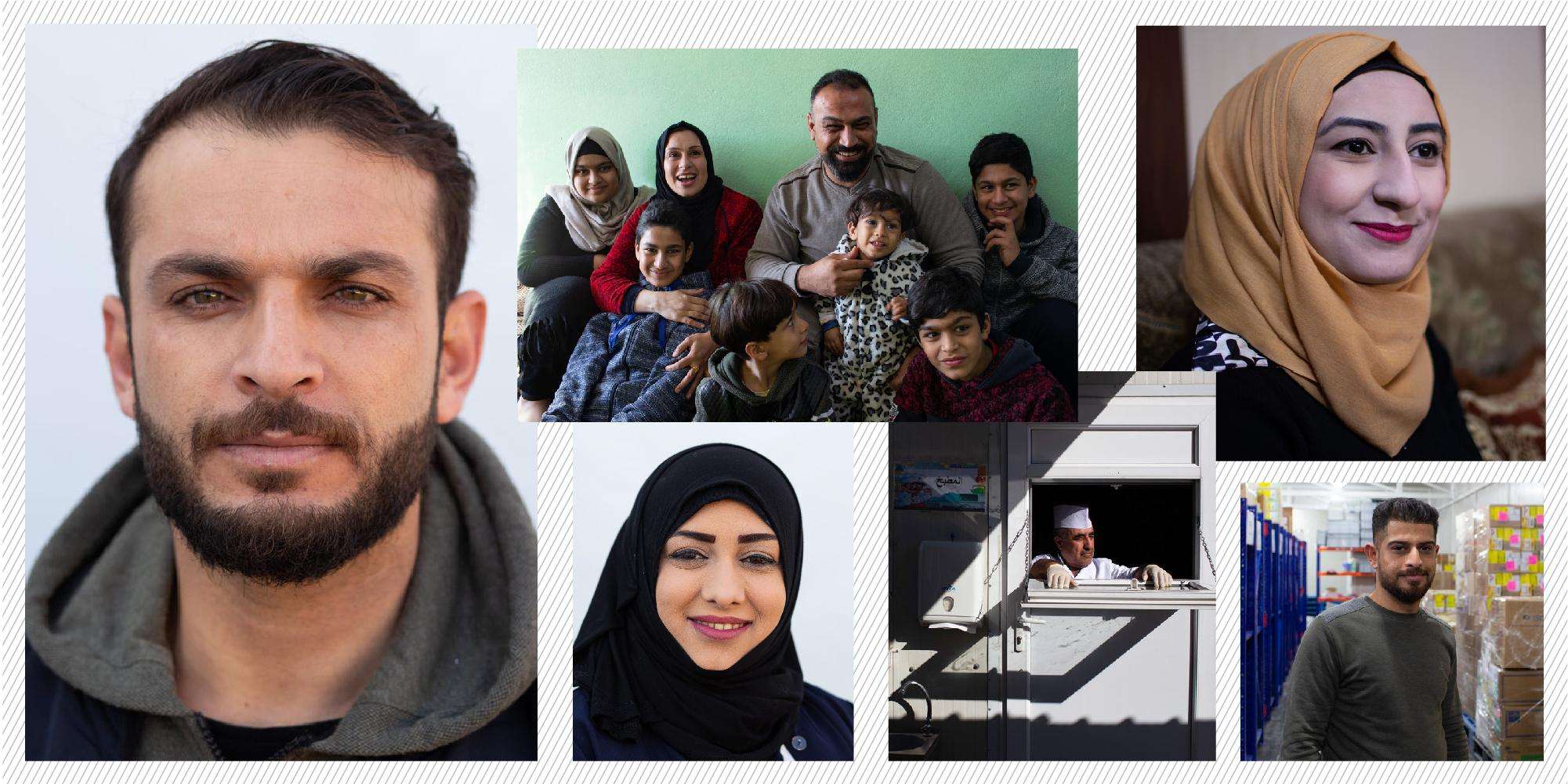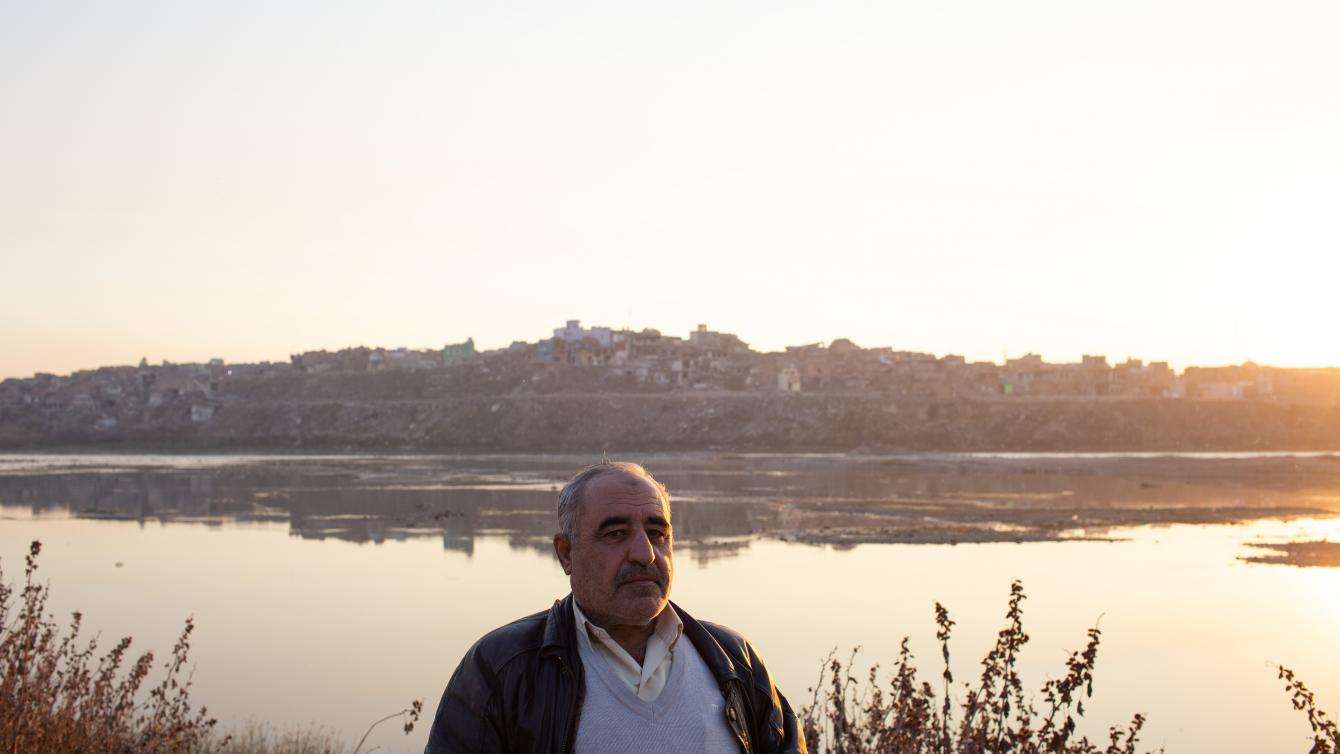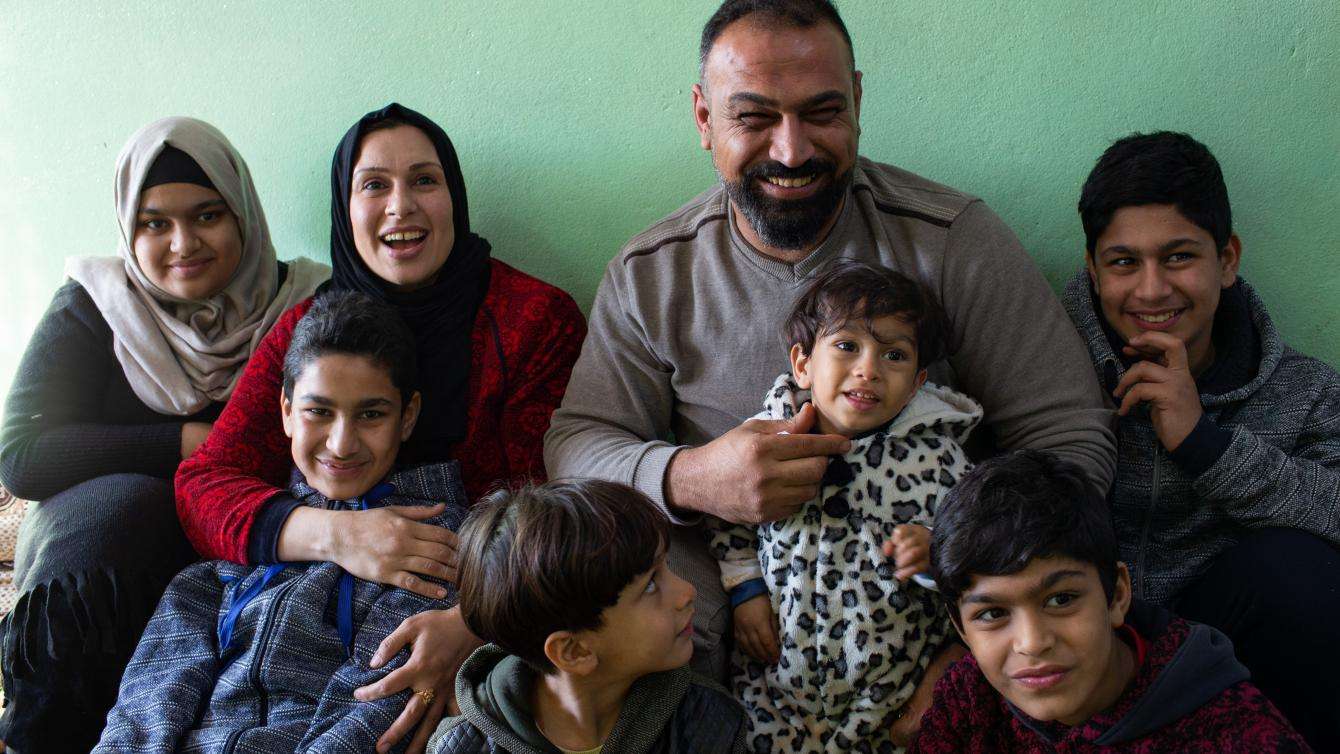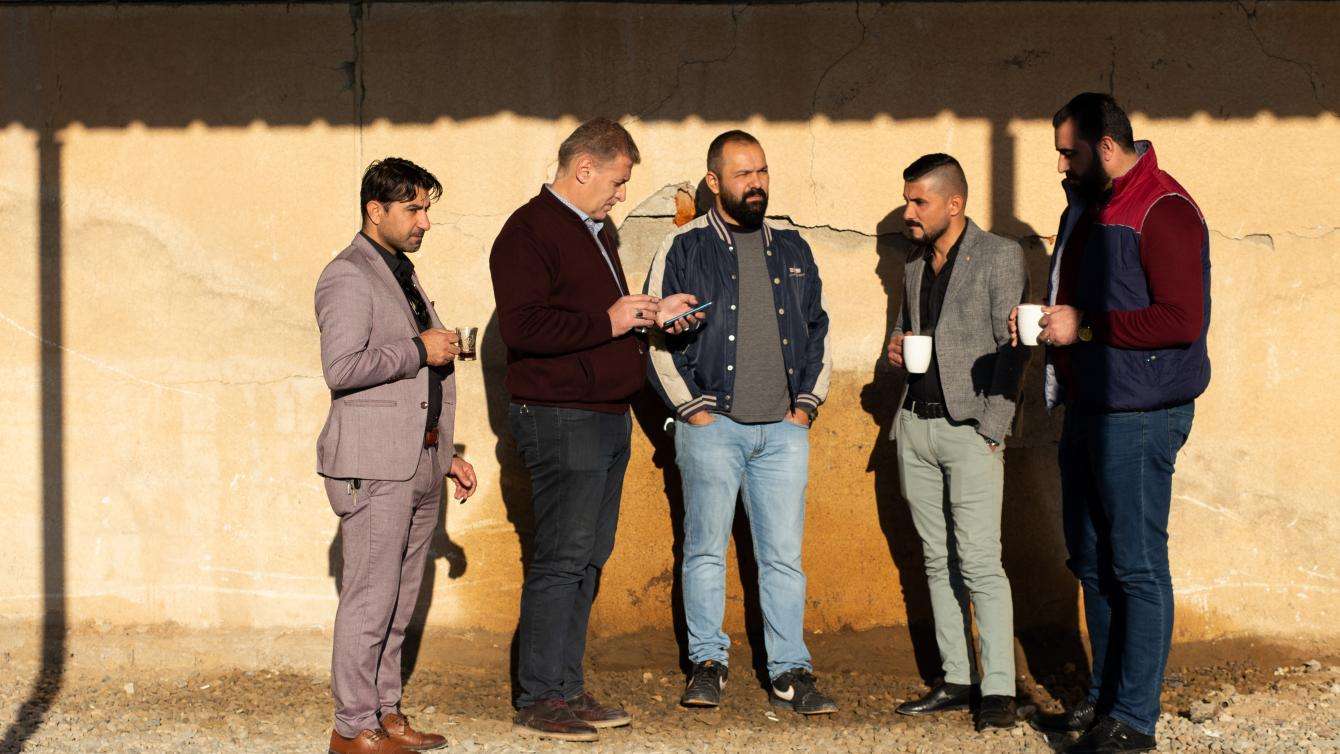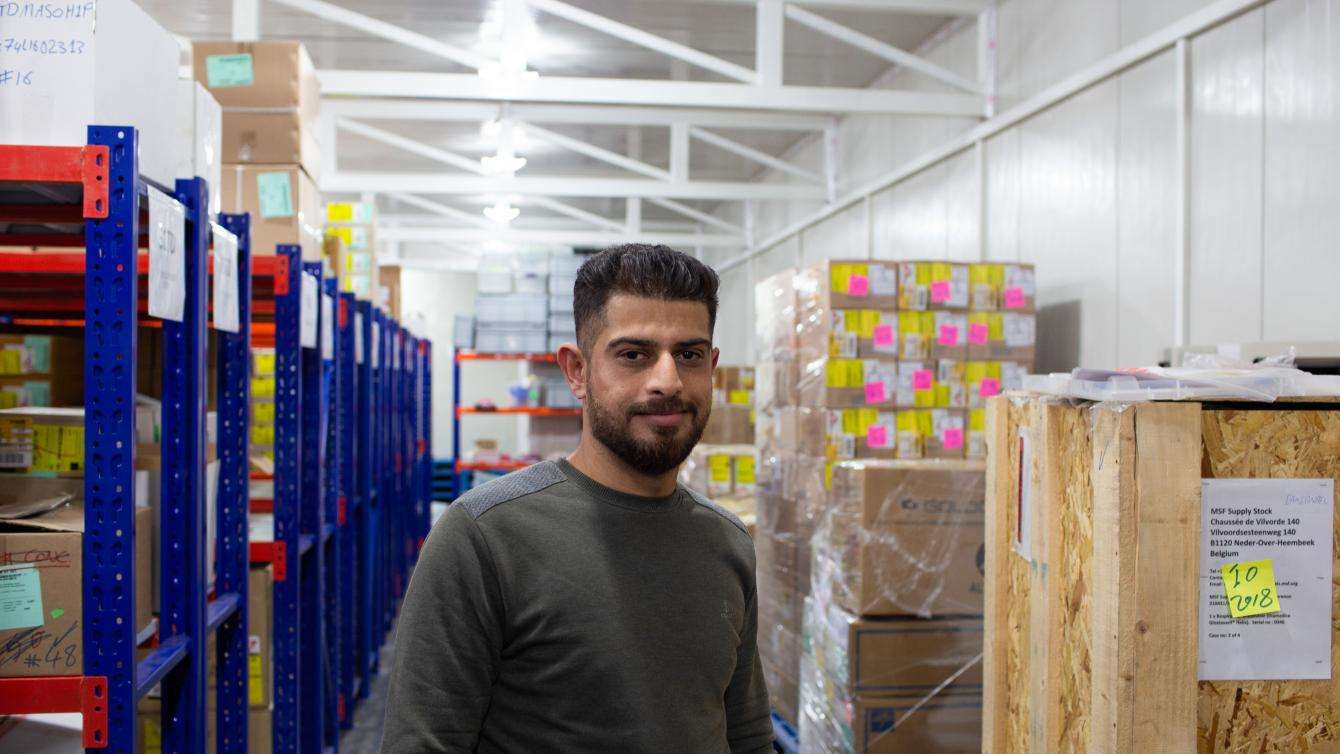In 2017, when Suhaib Majed heard that Doctors Without Borders/Médecins Sans Frontières (MSF) was hiring people in Hammam Al-Alil, northern Iraq, he went directly to the local market to submit his application. Three years of armed conflict had destabilized the region and steady work was hard to come by. During Iraq’s military operations to retake the city of Mosul, various international organizations came in to help and hundreds of people in and around Mosul got an unexpected chance at a new type of job.
Suhaib wasn’t very optimistic at first, since he had no connections to the organization. His resume was practically empty, but he felt he had nothing to lose by trying.
“When I applied to work for MSF, I was just looking for a job like any other unemployed person,” says Suhaib. “I also thought from the name of the organization that they only hired doctors.”
He then learned that there were job openings for translators, pharmacists, and logisticians. After passing an exam and going through an interview process, he was hired as a translator.
At MSF, the roles of medical and non-medical staff are equally important in delivering health care to people. Our goals cannot be accomplished without the efforts of our non-medical staff, who work behind the scenes every day to keep our projects running.
Suhaib has now worked with MSF in four different positions, none of them medical. His current position is based in the comprehensive post-operative care center in east Mosul. As field coordinator support, he represents MSF with the local authorities. He keeps himself well informed about the developments in the area, and his passion for writing helps him draft regular reports which contribute to the continuity of activities in the project.
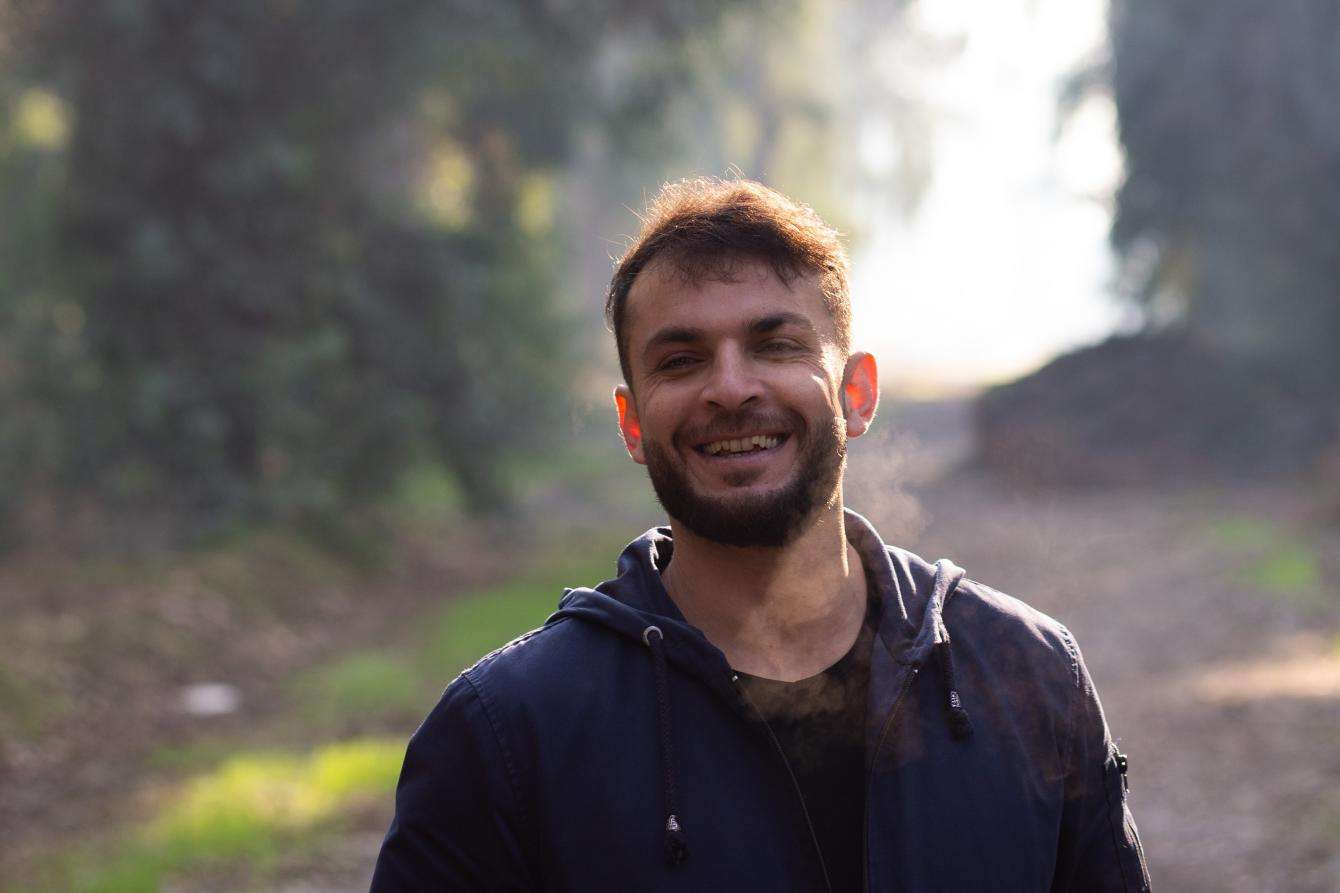
Many people also generally imagine that the work of international NGOs like MSF, in Iraq and throughout the region, is done by foreigners—which sometimes raises suspicion. Suhaib’s colleague, Yasmine Mohammed, who works as a security guard, explains the reason for this resistance.
“It wasn’t very favorable for Iraqis to work with organizations at first. The community did not welcome the idea of us working with foreigners considering the events Iraq has witnessed for more than a decade,” Yasmine says. “But the perception changed when these organizations started providing much needed services; Mosul wouldn’t have started recovering if it wasn’t for that.”
Over time, people who came in for services saw that most of the organization’s employees were Iraqis.
In fact, Iraqis make up for more than 90 percent of the 1,700 people who work for MSF in Iraq. Their roles are diverse, from driver to doctor, from cleaner to biomedical technician, from pharmacist to supply officer, and more. Yet each person’s role is considered vital for the projects to function.
Yasmine’s responsibilities include searching female staff, patients, and visitors before they enter the facility, ensuring everyone’s safety. While working, Yasmine asks people how they’re doing and welcomes them warmly. She loves her job because it gives her a chance to boost people’s morale when they need it most.
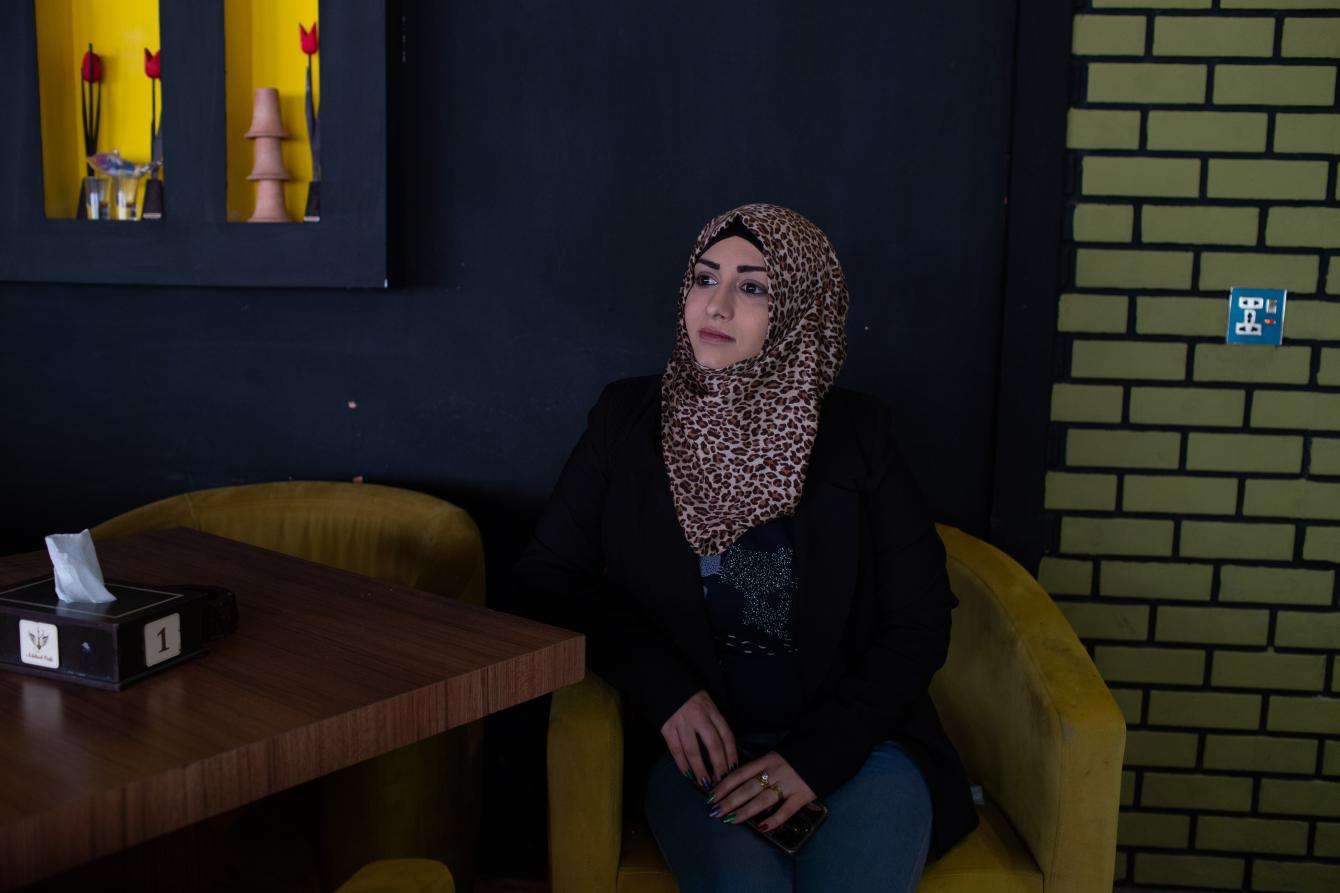
Across the Tigris River, in west Mosul, dedicated Iraqi staff make MSF’s activities in Nablus hospital possible. Abdallah Zarzour is deeply committed to his role as head of cooks.
“A security guard protects the hospital from potential external dangers, while I need to protect patients from internal threats,” says Abdallah. “Preparing food for people is a great responsibility; we abide by the highest safety and hygiene standards when making the meals for patients and their caretakers.”
Despite suffering great losses in his life, Abdallah always manages to give back and make people happy. He often replies to questions about his well-being with lines of poetry, reflecting both his intellect and love of life in its bittersweet nature.
His colleague Nour Al-Zouhairy, who is a medical data supervisor, has been working in Nablus hospital for about two years. She also acknowledges the many ways she contributes to her community.
“Collecting medical data means identifying the health issues people suffer from, which helps us adapt our activities based on the needs,” says Nour. “This makes me feel that my role of passing on information about people’s suffering is very important, even if I’m not directly part of the medical team.”
Nour takes pride in helping the people of Mosul, like her parents, who work in the public health sector.
All our staff from Mosul have stories of resilience and perseverance to tell, stories that shed light on another part of life in the city. Suhaib, Yasmine, Abdallah, and Nour are four of many nonmedical Iraqi staff who deserve credit and appreciation for the essential work they do.

